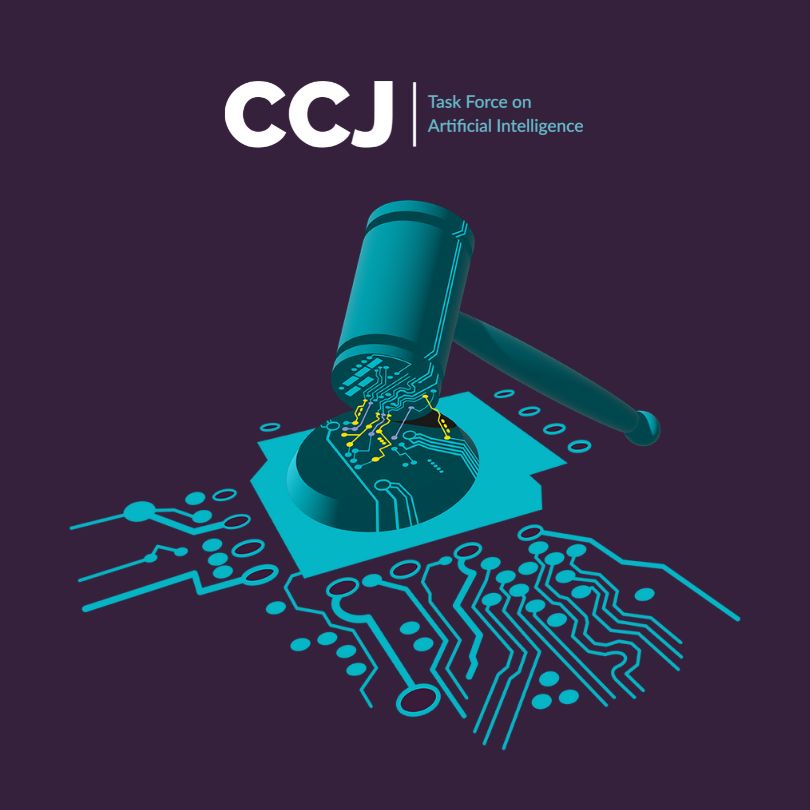Review is First Synthesis of Rigorous Studies from U.S. and Other Nations
5:00 a.m. ET, February 24, 2021
Contact: Jenifer Warren
jwarren@counciloncj.org
916-217-0780
WASHINGTON, D.C. – A report released today by the National Commission on COVID-19 and Criminal Justice shows that domestic violence incidents in the U.S. increased by 8.1% following the imposition of lockdown orders during the 2020 pandemic.
The findings are based on a systematic review of multiple U.S. and international studies that compared changes in the number of domestic violence incidents before and after jurisdictions began imposing stay-at-home restrictions early last year. The studies draw on a wide range of data, from logs of police calls for service to domestic violence crime reports, emergency hotline registries, health records, and other administrative documents.
While describing the evidence of an increase as strong, the authors say the precise dynamics driving the trend are less clear. They believe that lockdowns and pandemic-related economic impacts likely exacerbated factors typically associated with domestic violence, such as increased unemployment, stress associated with childcare and homeschooling, and increased financial insecurity, and that the increased use of alcohol and other substances as a coping strategy also may have elevated the threat.
In addition, the authors note that by isolating parents and children in their homes, the pandemic separated potential victims from the network of friends, neighbors, teachers, and other individuals capable of reporting signs of abuse and helping those at risk escape a dangerous environment.
“Our analysis confirms the initial fears we had at the outset of the pandemic,” said Alex R. Piquero, chair of the University of Miami Department of Sociology and the report’s lead author. “While further research is needed to help us better understand the web of factors underlying this rise in domestic violence, our findings demonstrate that the pandemic’s isolating impacts increased risk for potential victims.”
“The pandemic has thrown many of the most vulnerable people in our society into especially challenging circumstances, so these findings should not surprise us,” said Thomas Abt, director of the National Commission on COVID-19 and Criminal Justice. “Policymakers and researchers should work to further understand the impacts of the pandemic and provide additional resources for domestic abuse prevention and victim services, particularly to those who are most isolated and at risk.”
The report analyzed the findings of 18 studies – 12 in the U.S. and six in other countries – that included multiple estimates of changes in the number of domestic violence incidents before and after lockdown measures were imposed. Including all of the studies, the summary of their estimates documented a 7.9% increase; for the U.S. studies alone, the spike was 8.1%.”
About the National Commission on COVID-19 and Criminal Justice
Launched in July by the Council on Criminal Justice, the Commission is co-chaired by former U.S. Attorneys General Alberto Gonzales and Loretta Lynch. Its diverse membership includes justice system leaders, elected officials, advocates, a leading researcher, a formerly incarcerated individual, and a top public health specialist. In October, the Commission released a set of interim recommendations that focused on immediate steps to control the spread of the virus. A final report in December provided a sweeping set of recommendations urging policymakers to reduce the density of the justice system and take other actions to better balance public health and public safety.
About the Council on Criminal Justice
The Council on Criminal Justice is a nonpartisan membership organization and think tank created to advance understanding of the criminal justice policy challenges facing the nation and builds consensus for solutions based on facts, evidence, and fundamental principles of justice.
As part of its array of activities, the Council conducts research and convenes independent groups of members and experts that produce reports with findings and policy recommendations on matters of concern. The findings and recommendations of the groups are their own; neither the Council’s Board of Directors nor its Board of Trustees approve or disapprove of their work. To learn more, visit counciloncj.org.



